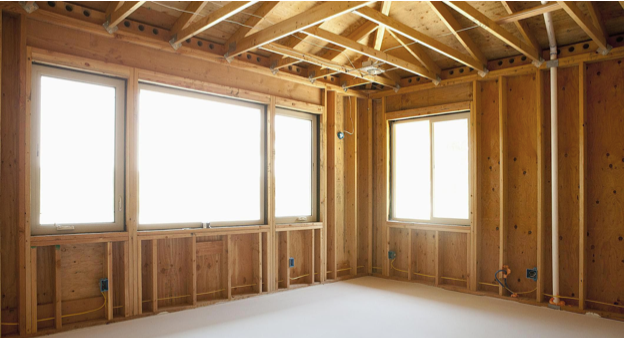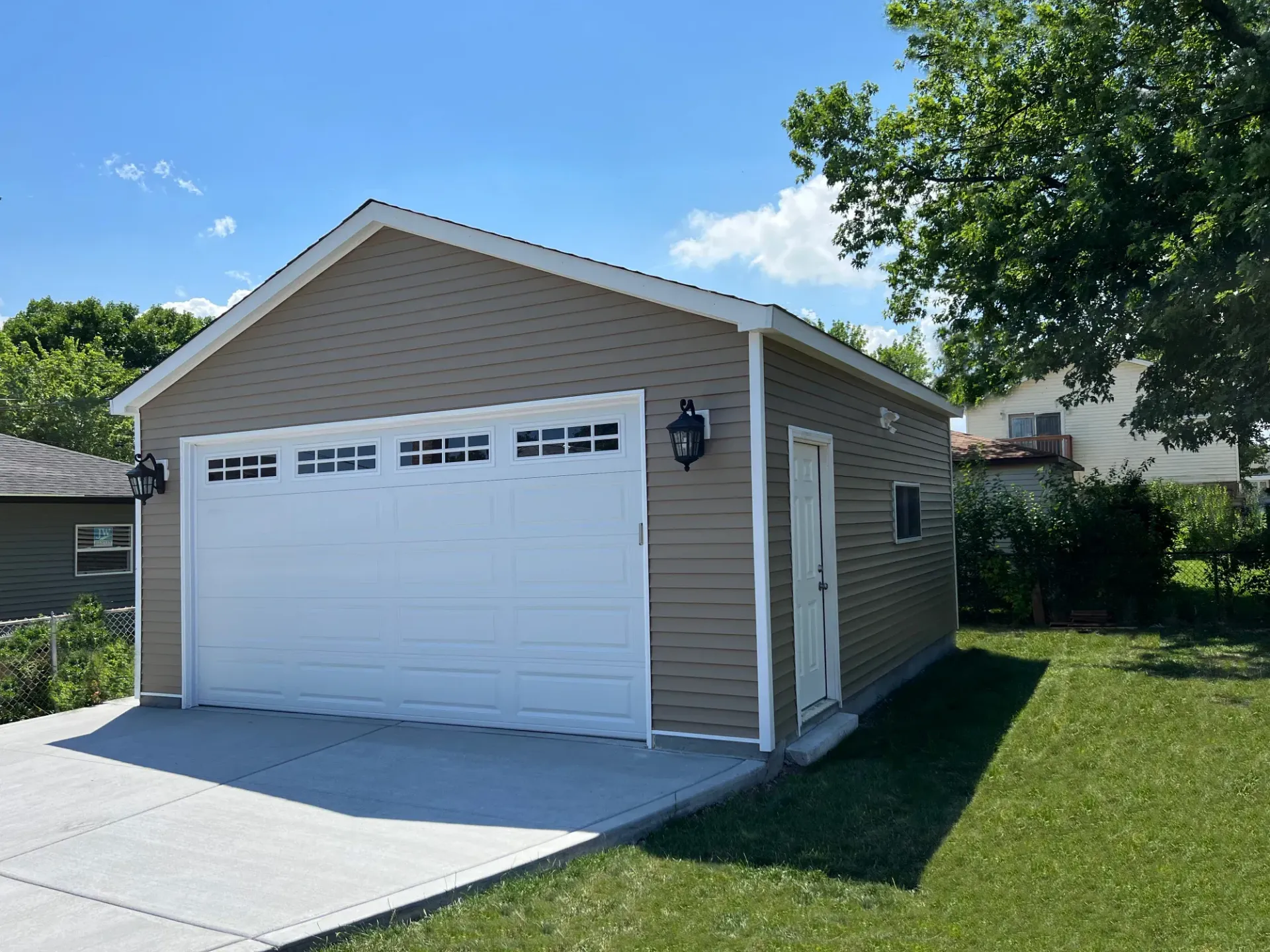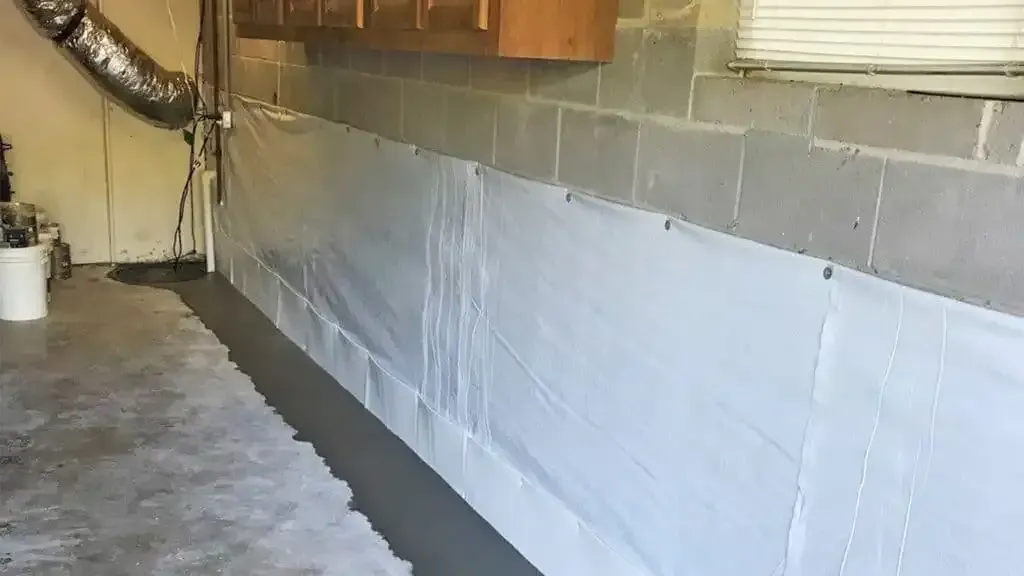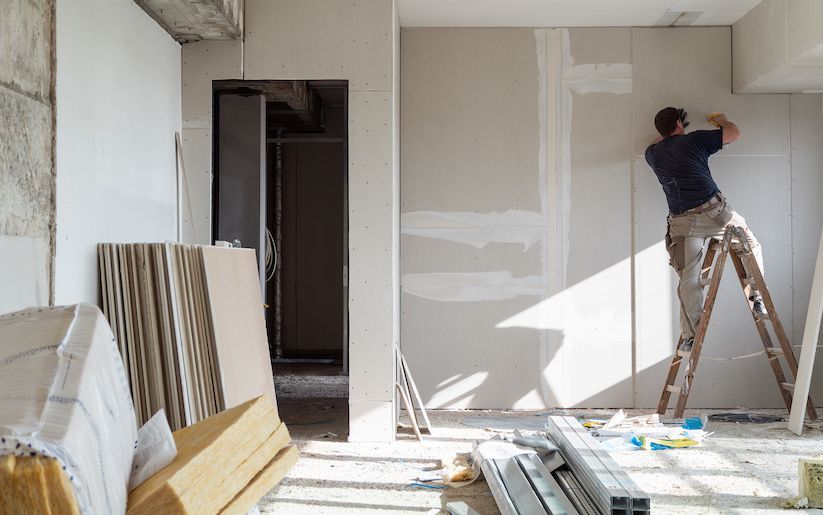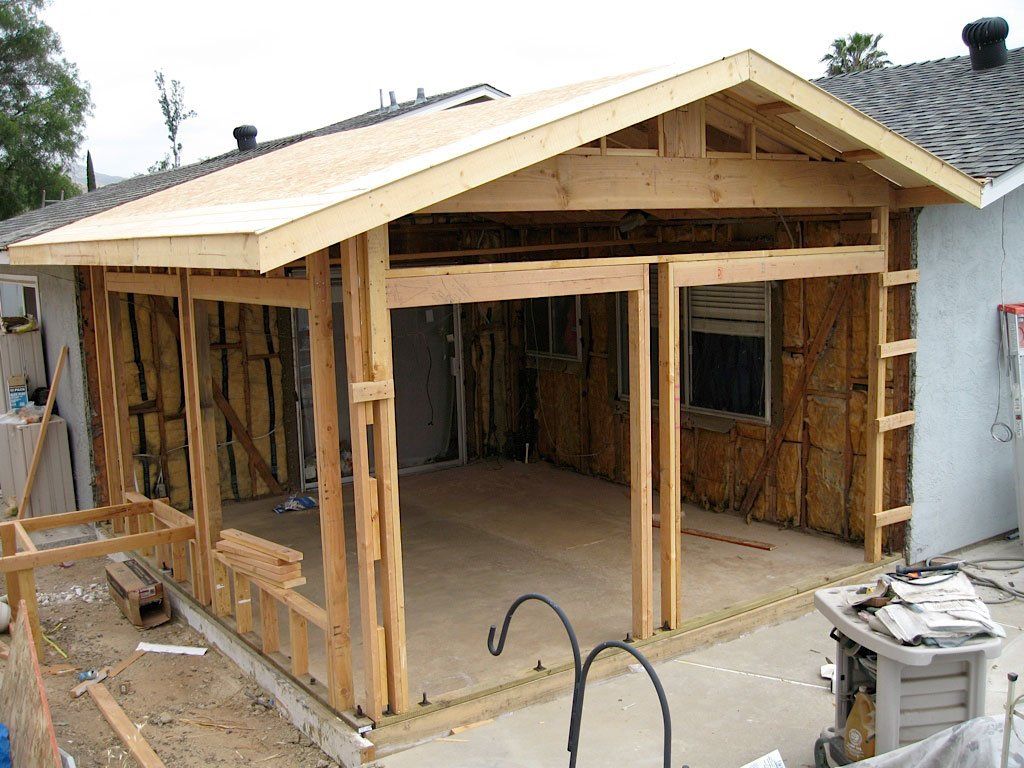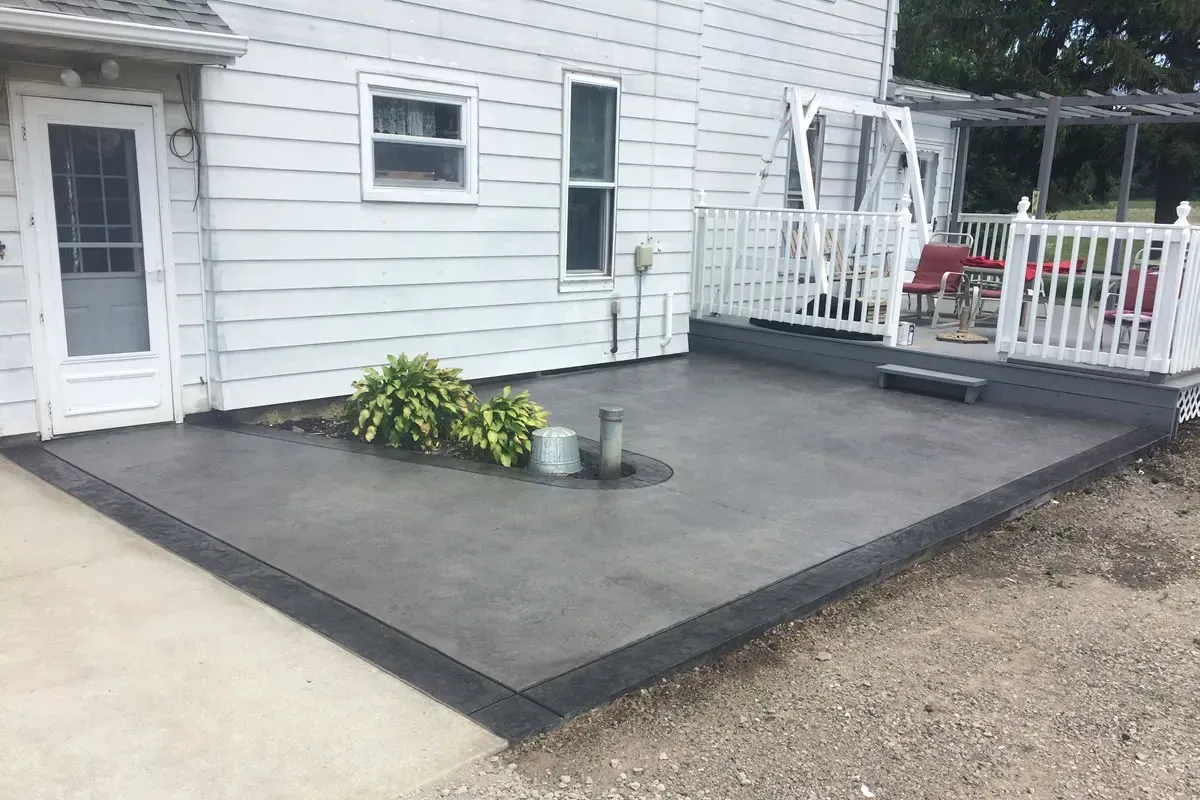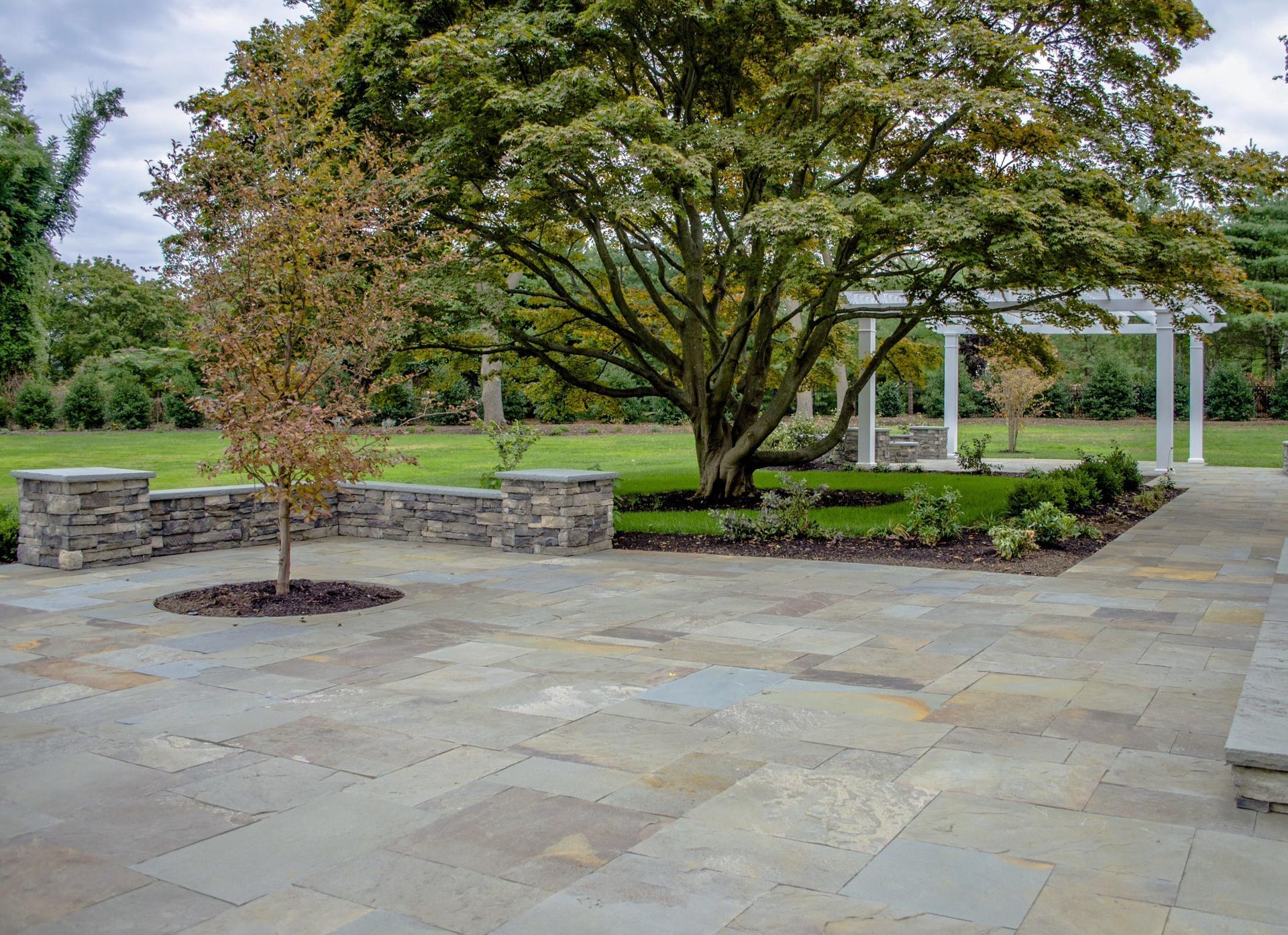Garage Insulation in Rhode Island: Keep It Warm in Winter
Garage insulation in Rhode Island is essential for homeowners dealing with harsh coastal winters, temperature swings, and high energy costs. Whether you're in Providence, Newport, Cranston, or anywhere in the Ocean State, proper garage insulation can save money on heating bills, protect your vehicles, and create usable space year-round.
Why Rhode Island Garages Need Insulation
Rhode Island's climate presents unique challenges that make garage insulation particularly important. With average winter temperatures dropping to 29°F and coastal winds creating additional chill factors, uninsulated garages can become frigid spaces that affect your entire home's energy efficiency.
Key reasons to insulate your Rhode Island garage:
- Reduce heating costs by up to 30% for attached garages
- Protect vehicles from temperature extremes and salt corrosion
- Prevent pipes from freezing in winter
- Create comfortable workspace year-round
- Increase home value and energy efficiency ratings
- Reduce condensation and moisture problems
How Cold Do Rhode Island Garages Get?
Uninsulated garages in Rhode Island typically stay within 5-10°F of outdoor temperatures. During winter months, this means garage temperatures can drop below freezing for extended periods, creating problems for:
- Vehicle batteries and fluids
- Paint, chemicals, and stored materials
- Water pipes running through garage spaces
- HVAC equipment located in garages
- Tools and equipment sensitive to temperature changes
Rhode Island winter temperature averages:
- December: 25-40°F
- January: 20-35°F
- February: 22-38°F
- Coastal areas: Additional 5-10°F wind chill effect
Types of Garage Insulation for Rhode Island Homes
Choosing the right insulation type for your Rhode Island garage depends on your budget, garage construction, and intended use. Each option offers different benefits for Ocean State conditions.
Fiberglass Batt Insulation
Fiberglass batts are the most common choice for Rhode Island garage insulation projects. This affordable option works well in standard 2x4 or 2x6 wall construction typical of most garages.
Fiberglass insulation benefits:
- Cost-effective: $0.50-$1.50 per square foot installed
- Easy installation in standard wall cavities
- Good R-value performance in dry conditions
- Widely available from Rhode Island suppliers
- DIY-friendly for experienced homeowners
R-values for Rhode Island garages:
- R-13 for 2x4 walls (minimum recommended)
- R-19 for 2x6 walls (preferred for heated garages)
- R-30+ for ceiling insulation
Spray Foam Insulation
Spray foam insulation provides superior air sealing and insulation performance, making it ideal for Rhode Island's variable climate conditions and older garage construction.
Spray foam advantages:
- Excellent air sealing properties
- Higher R-value per inch
- Moisture barrier protection
- Fills irregular spaces and gaps
- Prevents drafts and air infiltration
Rhode Island spray foam costs:
- Closed-cell foam: $1.50-$3.00 per square foot
- Open-cell foam: $1.00-$2.00 per square foot
- Professional installation recommended
Rigid Foam Board Insulation
Rigid foam boards work well for Rhode Island garages, especially when adding insulation to existing walls or creating continuous insulation barriers.
Rigid foam benefits:
- High R-value in thin profiles
- Moisture resistant
- Easy to cut and install
- Good for continuous insulation applications
- Suitable for interior and exterior applications
Reflective Insulation
Reflective insulation can supplement other insulation types in Rhode Island garages, particularly effective for reducing radiant heat transfer through metal garage doors.
Best Insulation Strategy for Rhode Island Garages
The most effective approach to garage insulation in Rhode Island involves a comprehensive strategy addressing walls, ceiling, and garage doors while considering the state's coastal climate conditions.
Wall Insulation Priorities
Rhode Island garage walls should be insulated to at least R-13, with R-19 preferred for heated spaces. Focus on:
Critical wall areas:
- Shared walls with living spaces (highest priority)
- Exterior walls facing north and west (coldest exposures)
- Walls with plumbing or electrical runs
- Areas with air leakage around windows and doors
Ceiling Insulation Requirements
Garage ceiling insulation is crucial in Rhode Island, especially for garages with living space above. Proper ceiling insulation prevents heat loss and ice dam formation.
Ceiling insulation recommendations:
- Minimum R-30 for Rhode Island climate zone
- R-38 preferred for optimal energy efficiency
- Vapor barrier facing heated space
- Proper ventilation to prevent moisture buildup
Garage Door Insulation
Rhode Island's coastal winds and temperature swings make garage door insulation particularly valuable. Insulated garage doors can significantly improve comfort and energy efficiency.
Garage door insulation options:
- Factory-insulated doors with R-12 to R-18 values
- Retrofit insulation kits for existing doors
- Weather stripping upgrades for better sealing
- Insulated garage door replacement
Rhode Island Building Codes and Insulation Requirements
Rhode Island follows the International Energy Conservation Code (IECC) with state-specific modifications. Understanding code requirements ensures your garage insulation project meets legal standards and qualifies for energy rebates.
Rhode Island insulation codes:
- Climate Zone 5A requirements
- Minimum R-13 wall insulation for conditioned spaces
- Air sealing requirements for energy efficiency
- Vapor barrier installation standards
- Ventilation requirements for insulated spaces
Permit Requirements
Most garage insulation projects in Rhode Island don't require building permits, but check with your local building department, especially for:
- Electrical work for heated garages
- Major structural modifications
- Projects in historic districts
- Commercial or multi-family properties
DIY vs Professional Installation in Rhode Island
Deciding between DIY and professional installation depends on your garage's complexity, insulation type chosen, and your experience level. Rhode Island's building conditions present specific challenges that may favor professional installation.
DIY Garage Insulation
DIY installation can save money on labor costs while allowing you to work at your own pace during Rhode Island's variable weather conditions.
Good DIY candidates:
- Fiberglass batt installation in standard framing
- Rigid foam board applications
- Simple retrofit projects
- Homeowners with construction experience
DIY considerations for Rhode Island:
- Work during moderate weather periods
- Ensure proper vapor barrier installation
- Address air sealing thoroughly
- Consider local building code requirements
Professional Installation Benefits
Professional installation ensures optimal performance and may be required for certain insulation types and complex applications.
When to hire professionals:
- Spray foam insulation projects
- Complex air sealing requirements
- Electrical or heating system integration
- Warranty and insurance considerations
- Time constraints or lack of experience
Cost of Garage Insulation in Rhode Island
Garage insulation costs in Rhode Island vary based on garage size, insulation type, and installation complexity. Understanding typical cost ranges helps homeowners budget effectively for their projects.
Rhode Island garage insulation costs:
Single-car garage (200-300 sq ft):
- DIY fiberglass: $300-$600
- Professional fiberglass: $800-$1,200
- Spray foam professional: $1,200-$2,000
Two-car garage (400-600 sq ft):
- DIY fiberglass: $600-$1,000
- Professional fiberglass: $1,200-$2,000
- Spray foam professional: $2,000-$3,500
Additional costs to consider:
- Garage door insulation: $200-$800
- Electrical for heating: $500-$1,500
- Drywall finishing: $2-4 per square foot
- Permits and inspections: $50-$200
Energy Savings from Rhode Island Garage Insulation
Properly insulated garages in Rhode Island can provide significant energy savings, especially for attached garages that share walls with living spaces.
Typical energy savings:
- 15-30% reduction in heating costs for attached garages
- $200-$600 annual savings for average Rhode Island homes
- Improved HVAC efficiency and equipment lifespan
- Enhanced comfort in adjacent living spaces
Factors affecting savings:
- Garage attachment to living space
- Heating system efficiency
- Current insulation levels
- Air sealing effectiveness
- Usage patterns and temperature settings
Best Times to Insulate Your Rhode Island Garage
Rhode Island's seasonal weather patterns affect insulation installation timing. Planning your project for optimal conditions ensures better installation quality and worker comfort.
Optimal Installation Seasons
Spring (April-May):
- Moderate temperatures for comfortable work
- Lower humidity levels
- Contractors more available than peak summer
- Good conditions for spray foam curing
Fall (September-October):
- Comfortable working temperatures
- Prepare for winter heating season
- Materials perform optimally in moderate conditions
- Complete before harsh winter weather
Winter considerations:
- Indoor work possible year-round
- Heating costs motivate completion
- Some materials require temperature control
- Contractor availability may be limited
Common Rhode Island Garage Insulation Mistakes
Avoiding common mistakes ensures your garage insulation project performs effectively in Rhode Island's coastal climate conditions.
Frequent installation errors:
- Inadequate air sealing before insulation
- Incorrect vapor barrier placement
- Gaps and compression in batt insulation
- Ignoring thermal bridging through framing
- Poor garage door sealing
Rhode Island-specific considerations:
- Moisture control in humid coastal conditions
- Wind infiltration from coastal exposure
- Temperature fluctuations affecting materials
- Salt air corrosion of metal components
Maintaining Your Garage Insulation
Proper maintenance ensures your garage insulation continues performing effectively throughout Rhode Island's challenging climate conditions.
Annual maintenance checklist:
- Inspect for gaps or settling in insulation
- Check weather stripping and door seals
- Look for moisture problems or condensation
- Verify proper ventilation operation
- Address any pest intrusion issues
Signs insulation needs attention:
- Increased heating costs
- Condensation or moisture problems
- Temperature variations in garage
- Drafts or air leaks
- Visible gaps or damage to materials
Garage Heating Options for Insulated Spaces
Once your Rhode Island garage is properly insulated, various heating options can create comfortable year-round workspace conditions.
Electric Heating Solutions
Electric heaters work well in insulated Rhode Island garages, offering precise temperature control and easy installation.
Electric heating options:
- Baseboard heaters for consistent warmth
- Electric wall heaters for quick heating
- Radiant floor heating for comfort
- Heat pumps for efficient operation
Gas Heating Considerations
Gas heating can be cost-effective for larger insulated garages, though installation requirements are more complex.
Gas heating benefits:
- Lower operating costs than electric
- Rapid heating capability
- Effective in very cold conditions
- Good for large garage spaces
Return on Investment for Rhode Island Garage Insulation
Garage insulation provides excellent return on investment for Rhode Island homeowners through energy savings, comfort improvements, and increased property value.
Financial benefits:
- 3-7 year payback period through energy savings
- Increased home value of $1,000-$3,000
- Reduced maintenance costs for stored items
- Enhanced usability of garage space
Non-financial benefits:
- Improved comfort for vehicle entry/exit
- Better conditions for hobbies and storage
- Reduced condensation and moisture problems
- Enhanced overall home energy efficiency
Choosing the Right Contractor in Rhode Island
Selecting an experienced insulation contractor familiar with Rhode Island's climate conditions and building practices ensures optimal project results.
Questions for potential contractors:
- Are you licensed and insured in Rhode Island?
- Do you have experience with garage insulation projects?
- Can you provide local references from recent work?
- What warranty do you offer on materials and labor?
- How do you handle air sealing and moisture control?
Red flags to avoid:
- Unusually low bids without site inspection
- No local references or established business
- Pressure for immediate signing
- Lack of proper licensing or insurance
- No written warranty or contract terms
Ready to insulate your Rhode Island garage and keep it warm all winter? Rockhouse Construction specializes in garage insulation services throughout the Ocean State. Our experienced team understands Rhode Island's coastal climate challenges and uses proven techniques to maximize energy efficiency and comfort. From fiberglass batts to spray foam solutions, we'll help you choose the right insulation strategy for your garage and budget. Contact us today for a free consultation and estimate on professional garage insulation services that will keep you warm and save money on energy costs.



